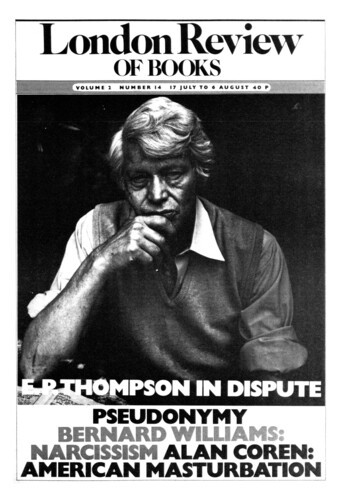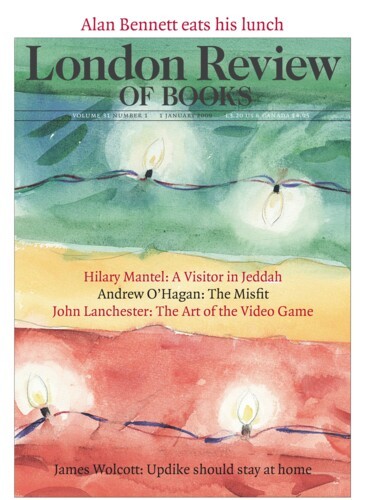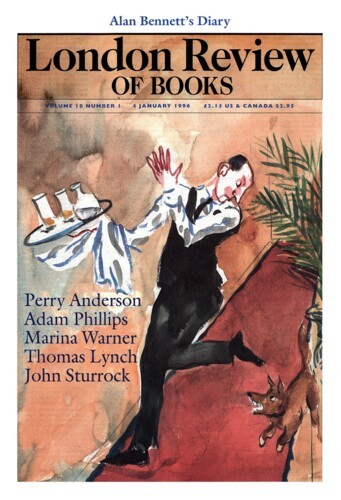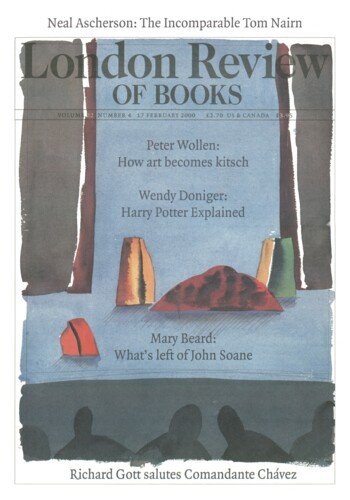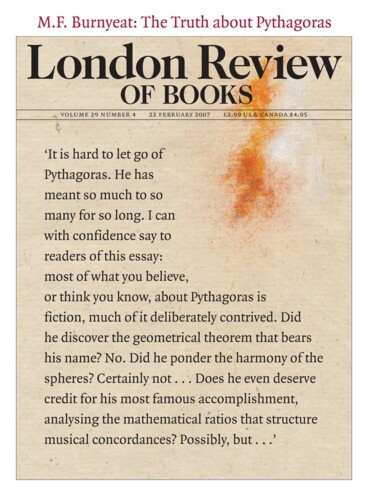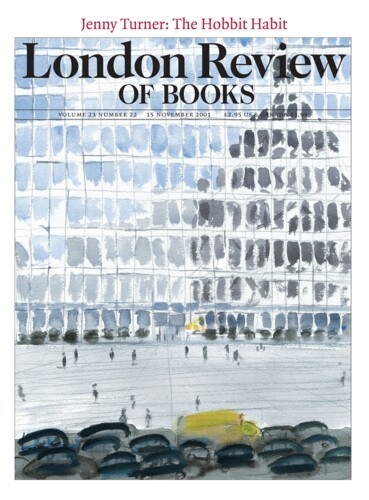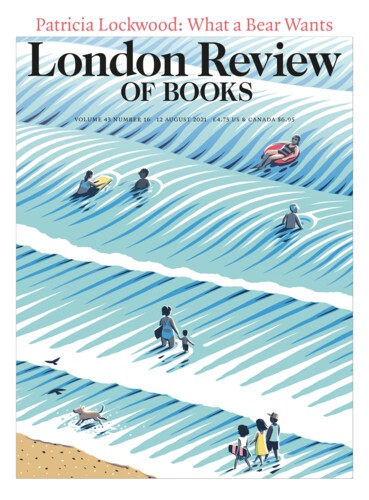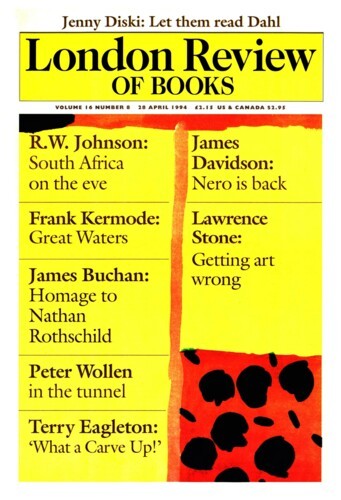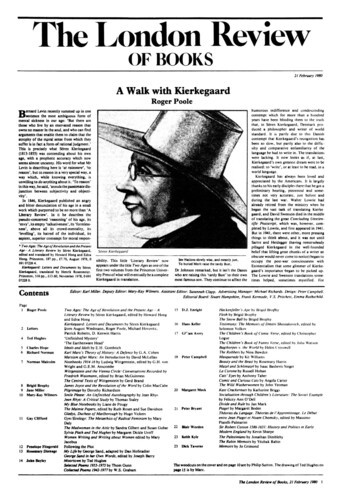Orphans
Joan Aiken, 17 July 1980
The great virtue of the orphan story, I believe, and the reason why it has survived for so many centuries and will continue to do so, is that, when it comes to essentials, we are solitary beings; we are born alone, die alone, sleep alone, dream alone; stories about orphans are an instinctive means of acclimatising children, at an impressionable age, to this grim but pertinent fact.
